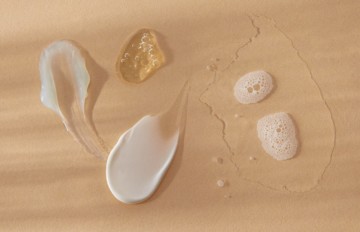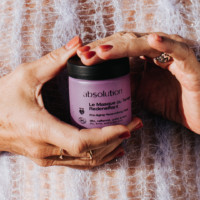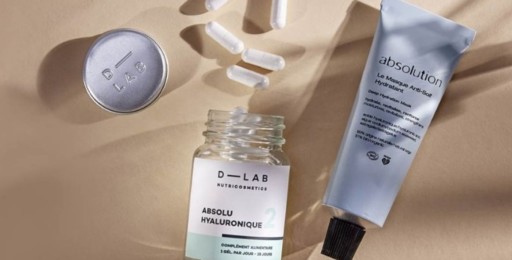
Collagen: Should You Take It, and at What Age?
This protein—naturally produced by the body—has been gaining popularity lately! The reasons are obvious: millions of social media posts flood our feeds with discussions about it. On TikTok, the hashtag #collagen has amassed no less than 2 million videos explaining how to use it and why. However, some users question the effectiveness of marine collagen supplements, calling them a waste of money. While many influencers and specialists praise its benefits, one question remains: should we really take collagen, and if so, at what age?


What Is Collagen?
Collagen is a structural protein (found throughout the body), accounting for about 30% of total proteins. It is present in the skin, bones, tendons, ligaments, cartilage, and even teeth! It is also found in certain foods, such as bone broth, poultry skin, fish, and seafood. There are several types of collagen, with types I, II, and III being the most common. The skin, for example, is primarily made up of type I collagen, which provides firmness and elasticity.
As we age, our body’s collagen production naturally declines, leading to loss of skin firmness, wrinkles, and even joint pain. According to popular belief, collagen production starts to gradually decrease around age 25. From this age onward, the body produces about 1% less collagen each year. By the time we reach 30, the visible signs of this decline—wrinkles, fine lines, and less toned skin—begin to appear.

A Miracle Ingredient for Everyone?
With the rise of social media, even teenagers are now drawn to this ingredient—despite not needing it. After seeing their favorite influencer promoting a collagen-based product, they believe it will keep them young forever or erase imaginary imperfections. While collagen can be beneficial for hair and nails, it won’t improve their skin quality at such a young age.
Even though collagen production starts declining at 25, that doesn’t mean supplements are necessary at this age. Most experts agree that taking collagen is most beneficial after 40, when visible signs of aging and joint pain become more pronounced. The best way to maintain youthful skin remains a healthy lifestyle, a balanced diet, and proper skincare!

That being said, some people may choose to start earlier, especially if they are exposed to external factors that accelerate collagen degradation, such as excessive sun exposure, pollution, poor diet, or smoking.
Which Form to Choose?
The idea behind collagen supplements is that they provide the amino acids needed for collagen production and help stimulate tissue regeneration. However, they must be carefully chosen! Some forms are better absorbed than others, depending on the size of the molecules.
Among the different types available, collagen hydrolysate is the most bioavailable form! This means it has been broken down into smaller fragments, making it easier to digest and more effective. The low-molecular-weight collagen peptides (2000Da) are digested, cross the intestinal barrier, and enter the bloodstream as oligopeptides. Once they reach the skin and tissues, they stimulate fibroblast activity, cell renewal, and collagen synthesis. Hydrolyzed collagen is a water-soluble nutrient, available in capsules, tablets, powders, or even cosmetic treatments.
Collagen supplements are typically consumed in doses of 5 to 10 grams per day and come from different sources. Marine collagen is considered the closest to natural collagen, compared to bovine or porcine collagen. There are also vegan alternatives, often based on glycine, an amino acid found in certain plants like wisteria flowers.

While collagen supplements can be beneficial, they are not miraculous! It is essential to take them at the right time and as part of a holistic health approach, rather than trying to reverse the passage of time. So yes, collagen can be a good addition—but only if chosen wisely and used with discernment!






















